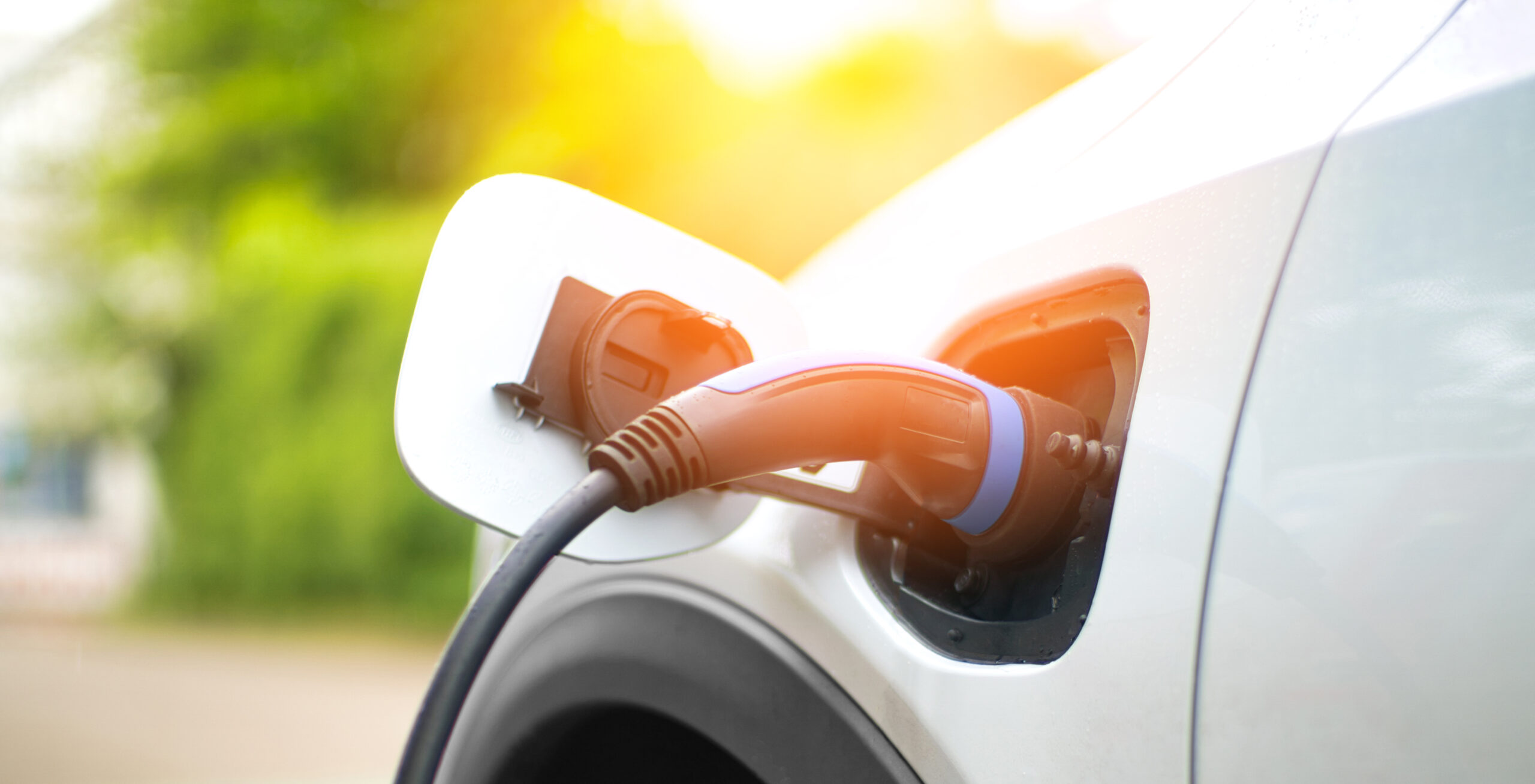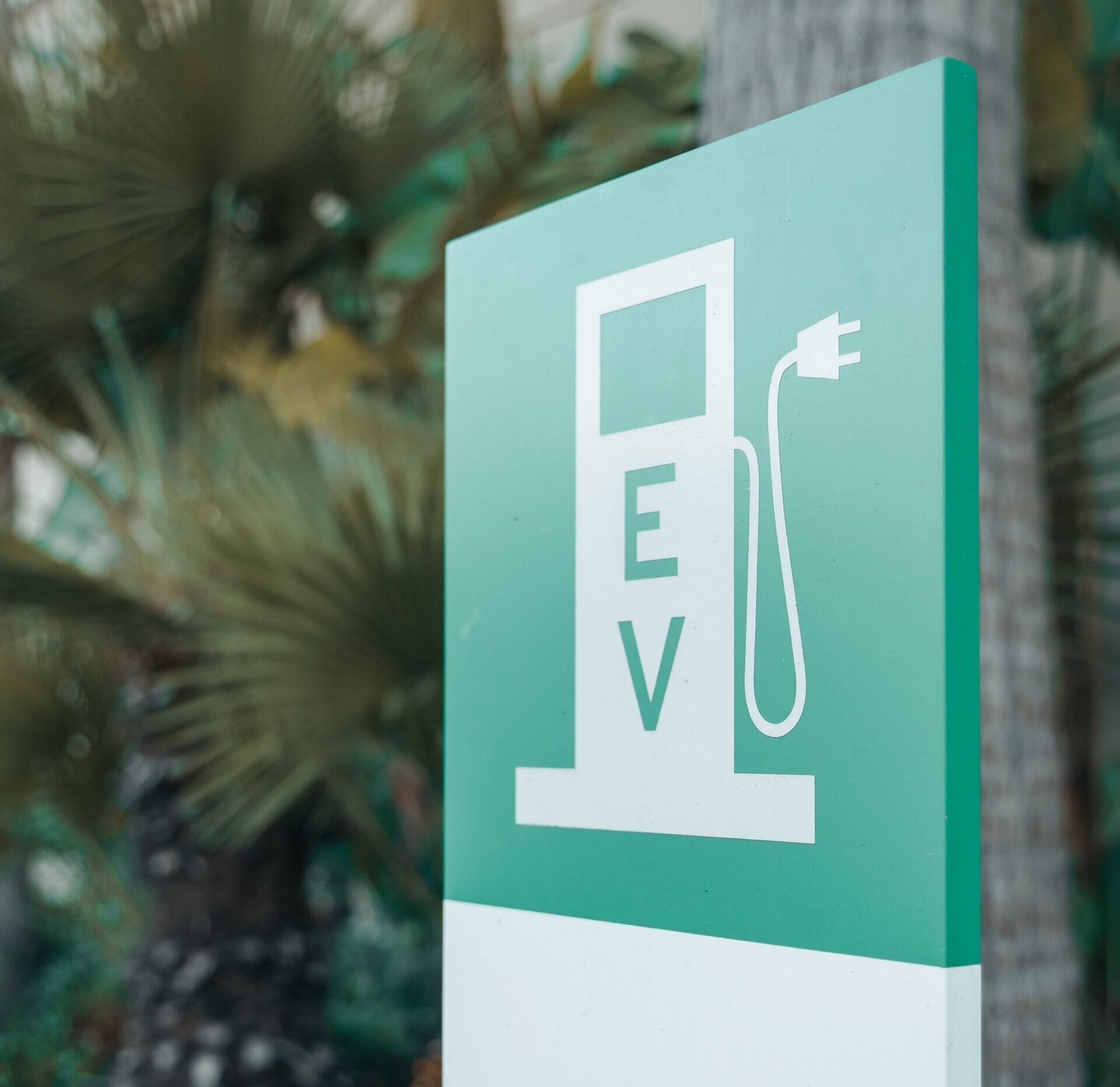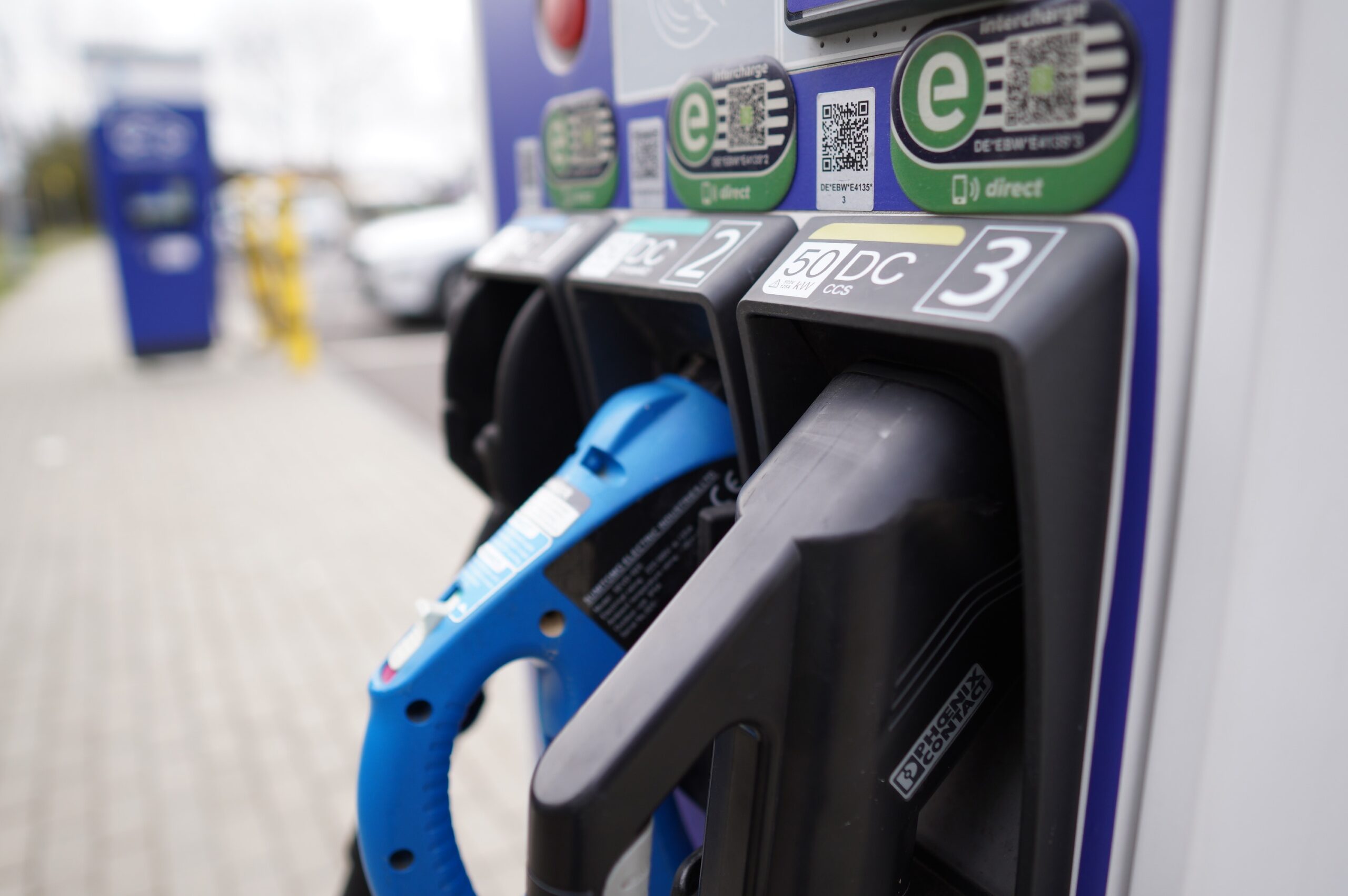As the global automotive industry accelerates towards a future dominated by electric vehicles (EVs), a corresponding boom in the infrastructure to support these vehicles is underway. This evolving landscape, brimming with potential and possibilities, also presents property owners with a unique set of challenges and opportunities. Becoming a part of this seismic shift in transportation could mean contributing to the EV revolution, increasing property value, and possibly generating income. However, understanding property rights, potential liabilities, contract negotiations, and maintenance responsibilities is crucial for property owners to adequately protect their interests.

Avoid unexpected pitfalls and rest easy knowing we have everything covered.
While agents and brokers can help find a property, they do not always provide guidance through the actual buying and selling process. That’s why partnering with an attorney who understands legal considerations and potential risks is important to make sure you have a successful commercial real estate deal.
Dalton & Tomich understand local laws in Michigan and Illinois as well as the ins and outs of the commercial real estate process. We offer a full range of land use services, and we use our knowledge to help you avoid pitfalls and navigate any zoning issues that might arise during the buying or selling process.
FREE GUIDE: Commercial Real Estate Checklist
If you find yourself experiencing a riparian rights conflict, we can help.
What to Expect During the Commercial Real Estate Process
Most commercial real estate transactions follow a five-step process – but there are a lot of details to consider along the way. We guide you step-by-step through each phase of the real estate deal:

Benefits and Pitfalls of Electric Vehicle Charging Stations on Your Property
Investing in EV charging infrastructure can be more than just an eco-friendly gesture; it can be a strategic financial decision. When a driver stops to recharge on your property, there’s potential revenue from charging fees, attracting potential clientele for nearby services, and boosting business if you operate in retail or hospitality.
It is important to keep in mind that entering this space requires capital and that can be an expensive upfront cost. Fortunately, for landowners who are interested in installing charger stations, Michigan and the federal government have made incentives available to offset some of the cost.
Incentives for EV Charging Stations
Locally, the Charge Up Michigan program exemplifies this commitment. Arising from the funds Michigan received in the Volkswagen diesel emissions settlement, the program has earmarked $9.7 million to support the installation of EV charging stations.
On a national level, the Inflation Reduction Act of 2022 also provides incentives for EV charging station installation. Starting January 2023, tax credits of up to 30% per charger became available pursuant to Section 30C of the U.S. Income Tax Code.
Recognizing the demand and necessity for EV infrastructure, governments around the world are implementing initiatives to support the widespread adoption of electric vehicles. In the United States, the National Electric Vehicle Infrastructure Formula Program (NEVIFP) stands at the forefront of this revolution. The NEVIFP, established by the US Department of Transportation, is designed to accelerate the deployment of electric vehicle charging stations across the nation. NEVIFP provides federal funding to states, cities, tribal governments, and federal agencies to support the construction and expansion of EV charging infrastructure.
As with all grant and tax incentive programs, the devil is in the details. So it’s important to work with advisors to understand whether a project is eligible for incentives, and what’s required to access them.
Legal and Business Considerations for Landowners
While financial incentives and the broader vision of green transportation make EV charging stations attractive, they come with their share of legal and business challenges. Landowners need to be well-prepared and informed about these challenges.
Navigating contracts is a top priority. Whether it’s an agreement with utility providers, or third-party service providers for installation and maintenance, each clause matters. Ensuring clear terms around maintenance, liability, and service expectations can prevent unforeseen disputes and costs in the future.
The Importance of Robust Contract Negotiations
Navigating the complexities of hosting EV charging stations begins with negotiating and drafting an effective agreement. An explicit contract serves to safeguard a property owner’s rights, limit potential liabilities, and set clear expectations for all parties involved. Therefore, property owners must approach this stage with due diligence and foresight.
Regulatory Compliance
Compliance with local, state, and national laws is another aspect that contracts must address. Depending on the jurisdiction, the responsibility for obtaining necessary zoning permits and other authorizations may fall to the property owner, the installer, or it could be a shared obligation. Additionally, land owners must work with the electric utility to negotiate and obtain preferable rates in order to maximize the benefits. Compliance with anti-discrimination laws like the Americans with Disabilities Act (ADA) might also impact the station’s design and location. As non-compliance could lead to penalties and disrupt the seamless operation of the charging station, understanding these regulations is a vital part of the planning process.
Liability Concerns
Given that hosting an EV charging station on your property entails dealing with electric equipment and members of the public, potential liabilities are a critical issue. Contracts must address questions such as: What happens if a vehicle or other property is damaged during the charging process? Who bears responsibility if a third party is injured on the premises?
Explicitly allocating these liabilities in the contract can protect property owners from unanticipated events.
Maintenance and Repair Responsibilities
Maintenance and repair of the charging stations are another significant area of consideration. The contract should unambiguously define which party is responsible for regular maintenance, unexpected repairs, and the associated costs. If this responsibility falls on the property owner, they should consider whether they have the resources to manage and maintain the charging station or if these services can be outsourced to a reputable provider.
If the installer or operator is responsible for maintenance and repair, the contract should specify the expected maintenance schedule, response times for repairs, and what constitutes an acceptable level of service.
Understanding Benefits and Future Impact
While there are multiple facets to consider before agreeing to host an EV charging station, it’s worth recognizing the potential benefits. Installing a charging station could increase the property’s value by offering an additional amenity, especially as EV usage continues to rise. For commercial properties, charging stations can attract customers or tenants who own electric vehicles, potentially leading to increased revenue and improved customer satisfaction.







